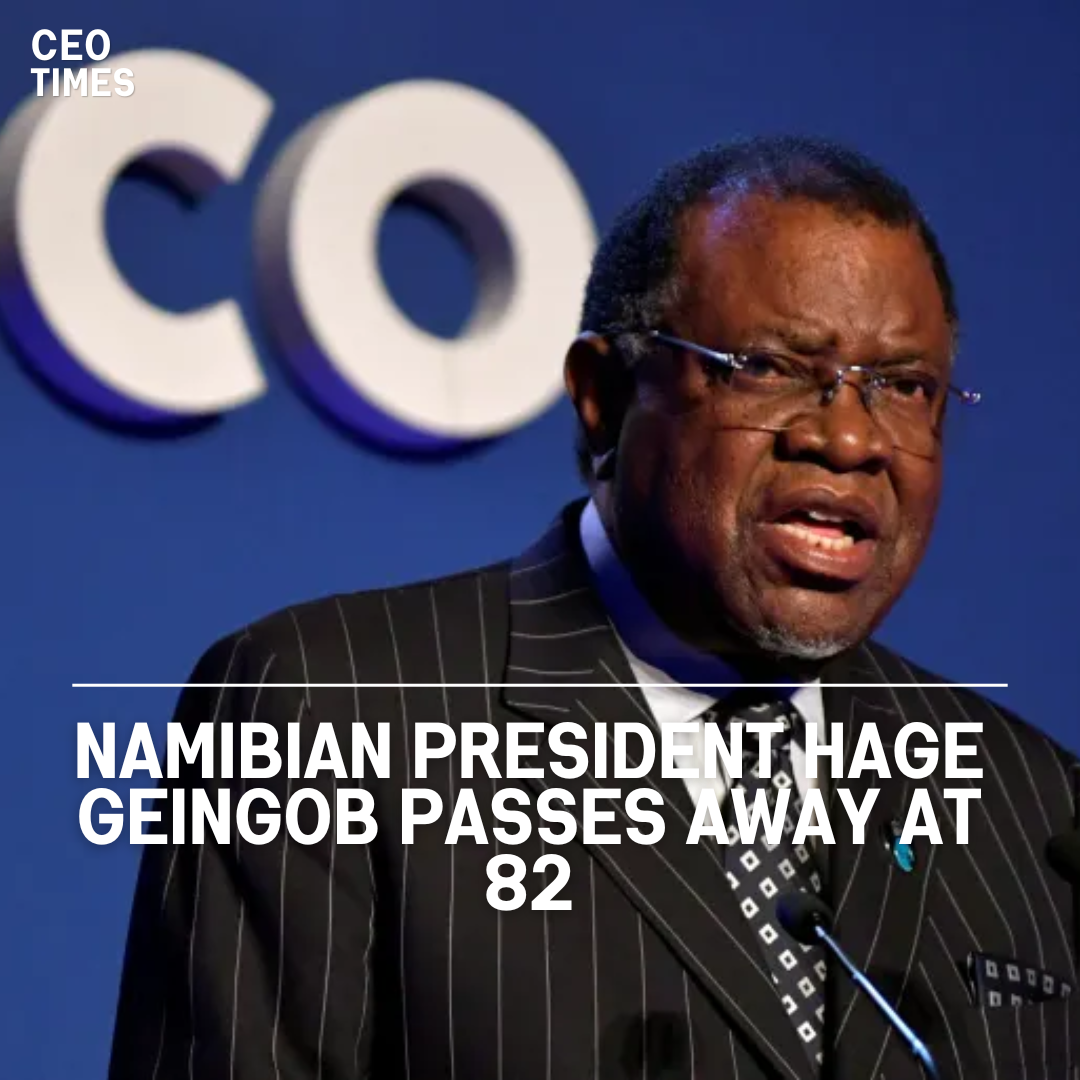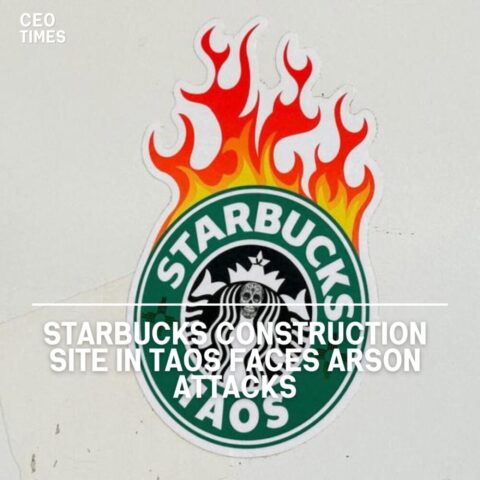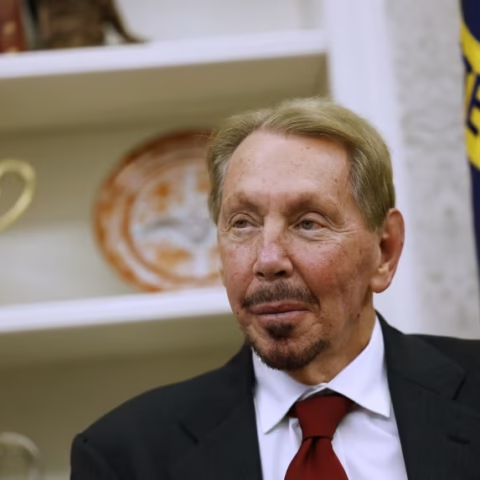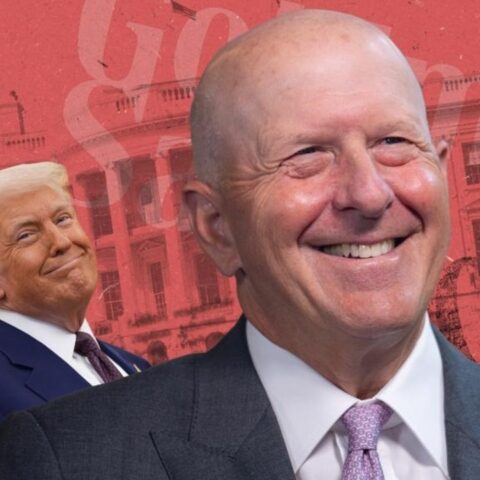Namibia’s President, Hage Geingob, aged 82, passed away in the early hours of Sunday in a Windhoek hospital following weeks of battling cancer.
The presidency confirmed his death, marking the end of his tenure that began in 2015. Geingob had previously survived prostate cancer, which he disclosed in 2015.
Vice President Nangolo Mbumba to Assume Leadership:
With President Geingob’s passing, Vice President Nangolo Mbumba will take the helm in Namibia until the scheduled presidential and parliamentary elections at the end of the year.
Namibia, known for its mining sector with significant deposits of diamonds and lithium, will navigate this transitional period under Mbumba’s leadership.
A Legacy of Political Prominence:
Born in 1941, Hage Geingob was a prominent political figure before Namibia gained independence from South Africa in 1990.
He chaired the body that drafted Namibia’s constitution and was the country’s first prime minister. Geingob played a crucial role in Namibia’s post-independence political landscape and became president in 2015.
Challenges and Achievements in Office:
Under Geingob’s leadership, Namibia faced challenges such as wealth disparities and allegations of government bribery scandals.
The president acknowledged the need to address historical racial divides in wealth distribution, emphasizing the complexities involved. Geingob’s tenure saw economic and political developments but drew attention to persistent challenges.
Presidential Reflection on Independence Day:
In a 2018 speech marking Namibia’s Independence Day, President Geingob reflected on the challenges faced after independence, highlighting the need to build a nation where past injustices could be overcome.
His leadership aimed at fostering development and shared prosperity in a nation marked by historical inequalities.
Hage Geingob’s legacy in shaping Namibia’s post-independence trajectory is acknowledged, with tributes pouring in from various quarters.
His contributions to constitutional drafting, political leadership, and commitment to addressing societal challenges have impacted Namibia’s history.




















